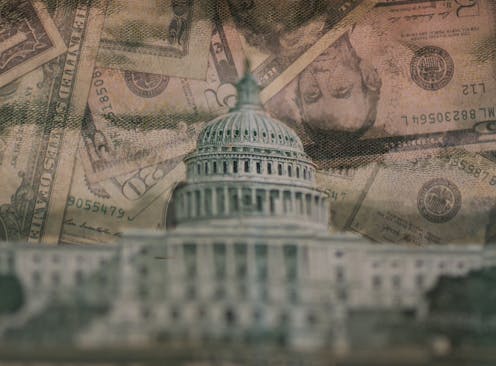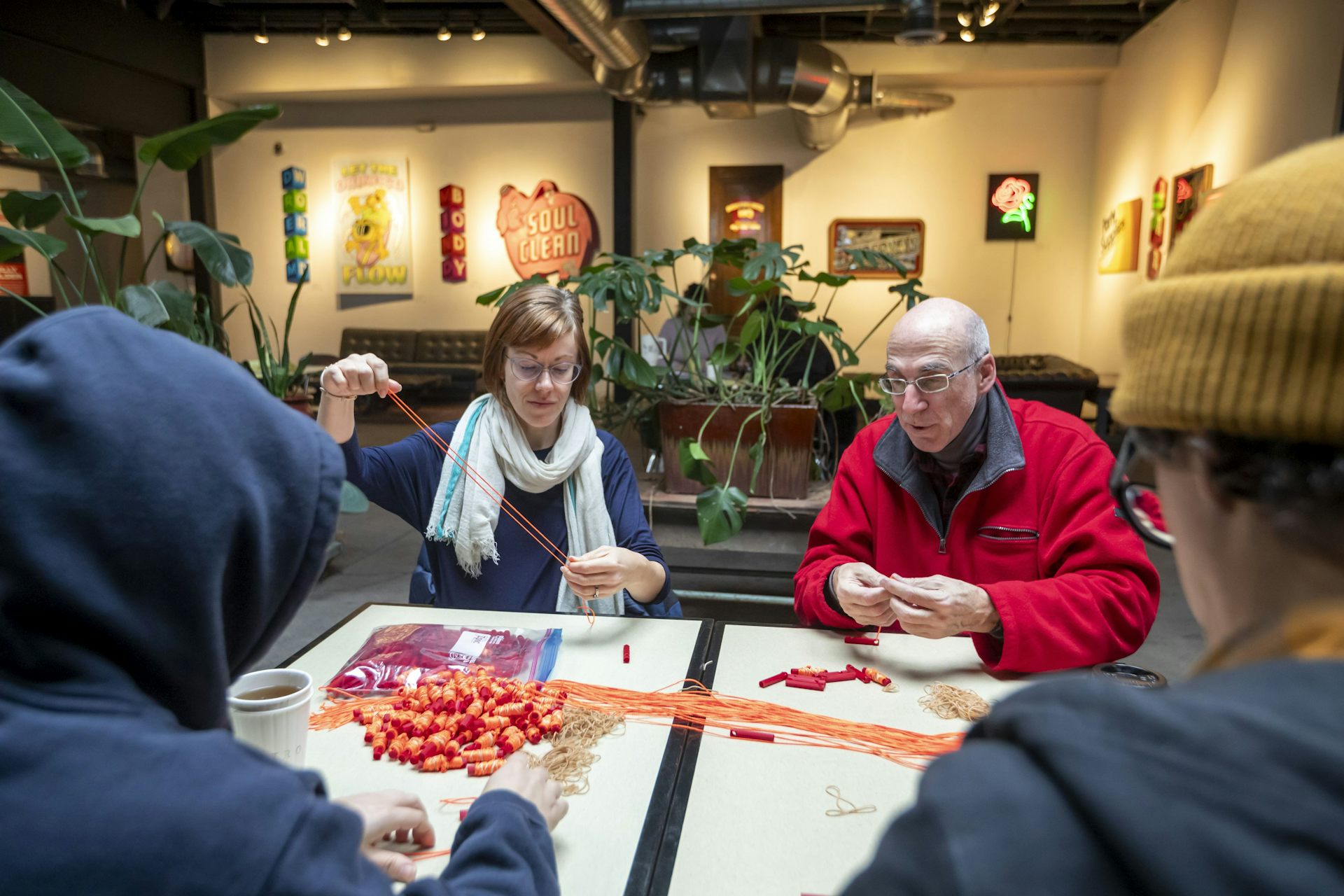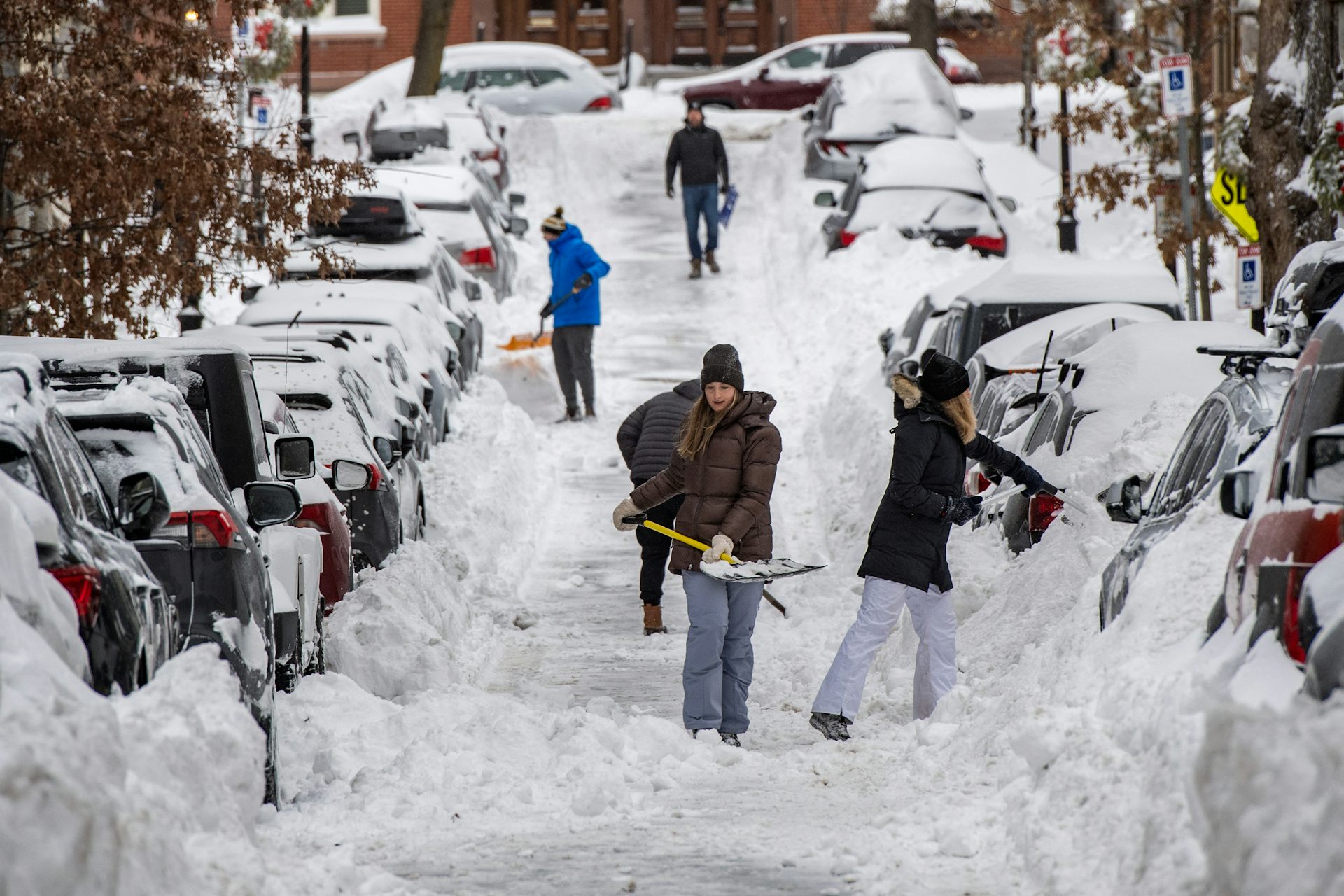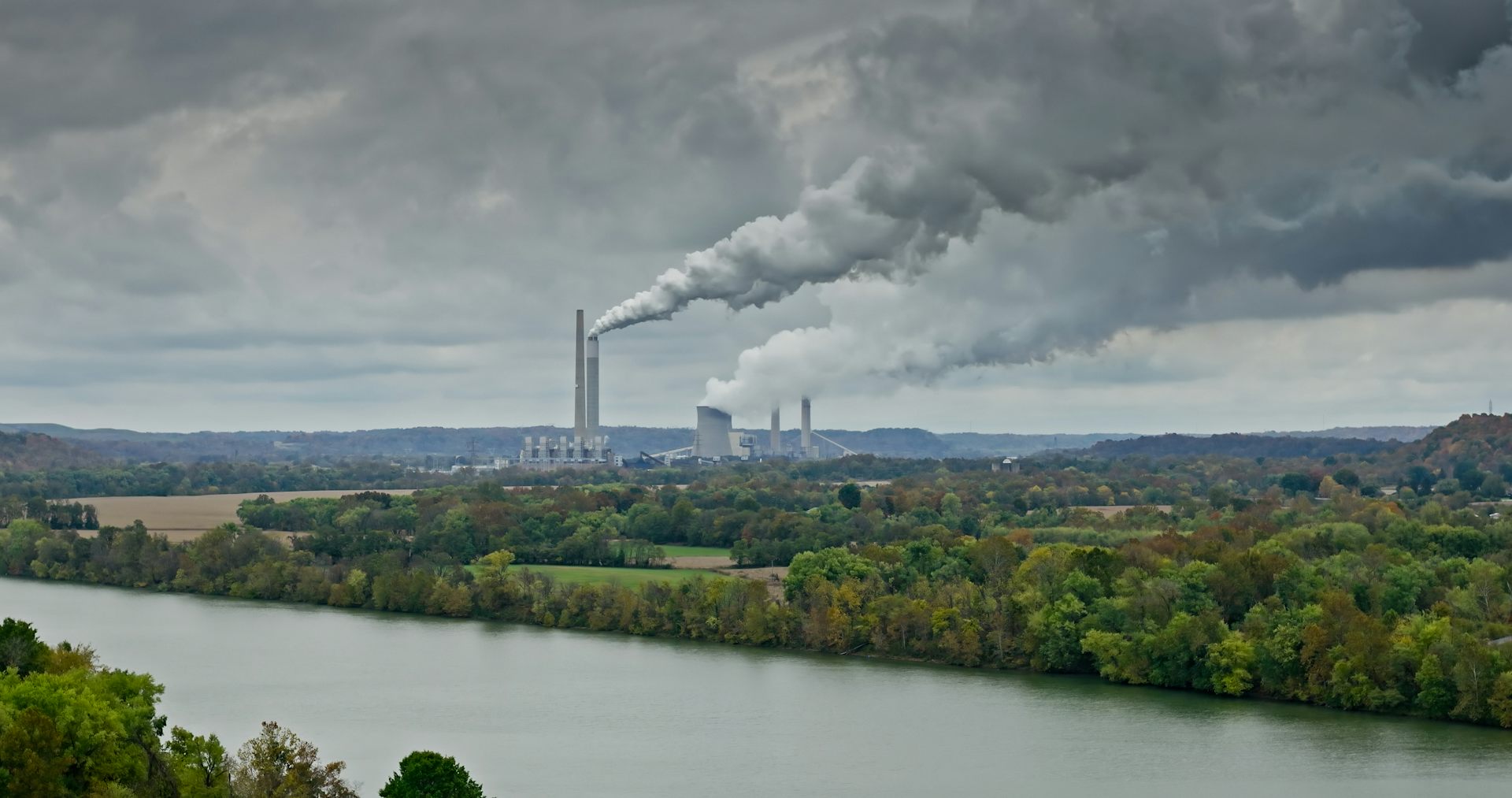Scientists' political donations reflect polarization in academia – with implications for the public'
Public data about individual donors’ political contributions supports the perception that American academia leans left.

People who lean left politically reported an increase in trust in scientists during the COVID-19 pandemic, while those who lean right politically reported much lower levels of trust in scientists. This polarization around scientific issues – from COVID-19 to climate change to evolution – is at its peak since surveys started tracking this question over 50 years ago.
Surveys reveal that people with more education are more ideologically liberal. And academia has been gradually turning left over the past 40 years. Scientists – the people who produce scientific knowledge – are widely perceived to be on the opposite side of the political spectrum from those who trust science the least. This disparity poses a challenge when communicating important science to the public.
In a recent study, science historian Naomi Oreskes, environmental social scientist Viktoria Cologna, literary critic Charlie Tyson and I leveraged public data sets to explore the dynamics of scientists’ political leanings. Our analysis of individual political donations confirms that the vast majority of scientists who contribute have supported Democratic candidates. But we contend that this fact doesn’t need to short-circuit effective science communication to the public.
Digging into individuals’ political donations
In the United States, all donations to political parties and campaigns must be reported to the Federal Election Committee. That information is published by the FEC on its website, along with the donation amount and date; the donor’s name, address and occupation; and the recipient’s party affiliation. This data allowed us to examine millions of transactions made in the past 40 years.
In our study, we examined researchers in academia, specifically people with titles like “professor,” “faculty,” “scientist” and “lecturer,” as well as scientists in the energy sector. We conducted this analysis by identifying 100,000 scientists based on their self-reported occupation and cross-referencing them with the Elsevier’s Scopus database, which contains information on researchers and their scientific publications. The findings of our study indicate a gradual shift away from the Republican Party among American researchers, both in academia and the industry.
Overall support of the Republican Party, in terms of individual donations from the general public, has slid down over the past 40 years. But this trend is much steeper for scientists and academics than for the overall U.S. population. By 2022, it was hard to find an academic supporting the Republican Party financially, even at Christian colleges and universities. The trend also persists across academic disciplines.
Notably, scientists working at fossil fuel companies have also become more liberal, while their management has remained conservative, based on both groups’ political donations. We suspect this buildup of political polarization within companies may at some point intensify the public conversation about climate change.
Who shares science messages
People tend to accept and internalize information delivered by someone they consider trustworthy. Communication scholars call this the “trusted messenger” effect. Various factors like socioeconomic status, race and, increasingly, political leanings influence this perceived credibility.
Science communication gets stalled because of what appears to be a positive feedback loop: The more liberal academia gets, the fewer “trusted messengers” can communicate with the half of the U.S. that leans right. Trust in science and scientific institutions among Republicans declines and it gets reflected in their policies; academia, in response, leans even more left.
The increased clustering of scientists away from Republicans risks further damaging conservative Republicans’ trust in science. But we contend there are ways to break out of this loop.
First, academia is not a monolith. While our study may suggest that all academics are liberal, it is important to admit that the data we analyzed – political donations – is only a proxy for what people actually think. We don’t capture every scientist with this method since not everyone donates to political campaigns. In fact, most people don’t donate to any candidate at all.
According to surveys, many academics have traditionally considered themselves moderate. The question, then, is how to communicate to the public the diversity of political views in academia, given the degree of current polarization, and how to elevate these other voices.
Second, the evident left leaning of academia is not necessarily proof of a “liberal bias” that some people worry is corrupting research and impeding the pursuit of truth. Overall, higher education does appear to have a liberalizing effect on social and political views, but universities also play an important role in the formation of political identity for young conservatives.
We believe that clear data about academia’s left-leaning orientation, as well as understanding the underlying reasons for it, could help interrupt the feedback loop of declining scientific trust.
For now there’s a shortage of centrist and conservative scientists serving as trusted messengers. By engaging in public conversation, these scientists could offer visible alternatives to the anti-scientific stances of Republican elites, while at the same time showing that the scientific world is not homogeneous.
Alexander Kaurov receives funding from Harvard University.
Read These Next
Anti-ICE protesters are following same nonviolent playbook used by people in war zones across the wo
Americans are learning and doing the kind of work that civilians in war zones worldwide have done for…
Winter storms don’t have to be deadly – here’s how to stay safe before, during and after one hits
Winter storms create many hazards, from slick ice to freezing temperatures. People often underestimate…
Rescheduling marijuana would be a big tax break for legal cannabis businesses – and a quiet form of
Consequences will go far beyond the tax bill that businesses face, a tax law professor explains.





